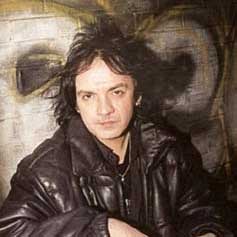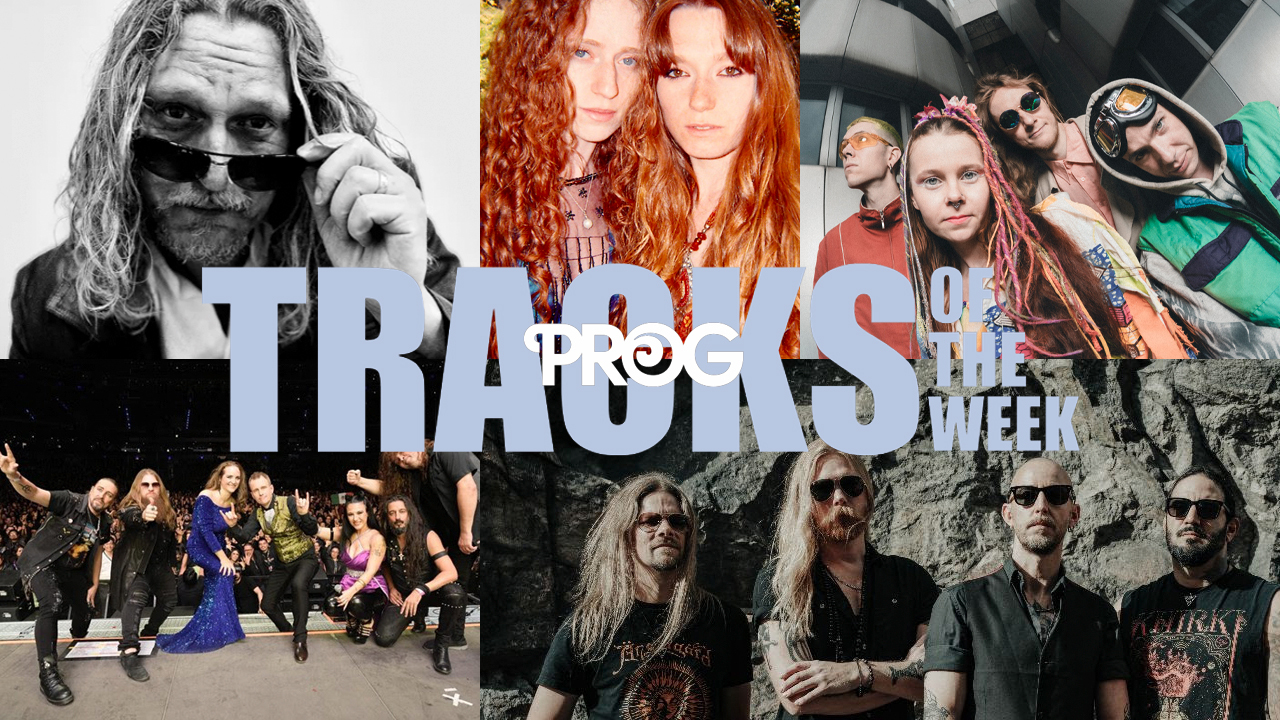You can trust Louder
When Jon Lord led Deep Purple onto the stage of the Royal Albert Hall to perform his Concerto For Group And Orchestra with the Royal Philharmonic Orchestra in September 1969 he courted disdain from classical veterans but found a willing new audience. Although the Nice, Moody Blues and King Crimson had mined this music to help create progressive rock, Lord fearlessly placed himself at its heart, consolidating the prodigal evolution that started with piano at five and flourished with Bach before he became gripped by jazz organ pioneers such as America’s Jimmy Smith and Britain’s Graham Bond, who gave him valuable classical pointers.
The Concerto broadcast was so successful the BBC commissioned a second work. 1971’s Gemini Suite was performed with the Light Music Society Orchestra at the Royal Festival Hall in September 1970, again with Sir Malcolm Arnold conducting, then recorded at Abbey Road the following March with the London Symphony Orchestra. Deep Purple had recently released In Rock, making them one of the biggest of the ascending heavyweight bands. Lord composed the six-part Gemini Suite with the aim of giving each band member a showcase but, egos already flaming, Gillan and Blackmore demurred. Undeterred, Lord enlisted Heads, Hands & Feet guitarist Albert Lee for the Guitar section and Tony Ashton and Yvonne Elliman for the Vocals movement. The guests, a blistering Lord, Glover and drummer Ian Paice shine against the simmering power and modern classical themes of the orchestra with spectacular results.
Forty five years later, the Gemini Suite returns to Abbey Road for remastering; first in a reissue series that will include 1974’s Windows and 1976’s Sarabande. With warm liner notes from Glover, the world can hear again how visionary, brave and accomplished Lord had already become in his mission, creating a strain of genuinely progressive music few would match.
Sign up below to get the latest from Prog, plus exclusive special offers, direct to your inbox!
Kris Needs is a British journalist and author, known for writings on music from the 1970s onwards. Previously secretary of the Mott The Hoople fan club, he became editor of ZigZag in 1977 and has written biographies of stars including Primal Scream, Joe Strummer and Keith Richards. He's also written for MOJO, Record Collector, Classic Rock, Prog, Electronic Sound, Vive Le Rock and Shindig!


